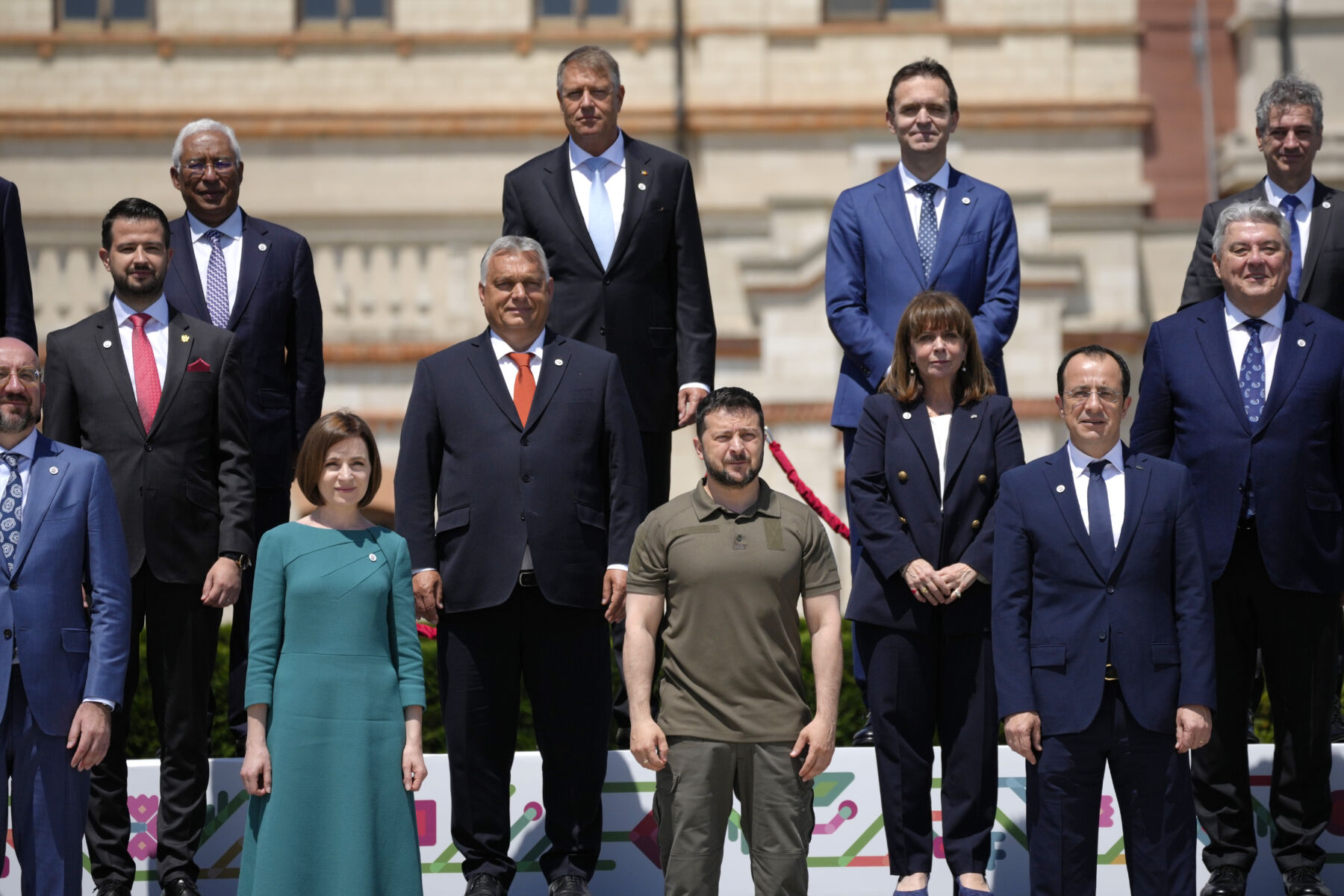EU’s geopolitical ambition hindered by technocracy and bureaucracy

The European Union has been striving to establish itself as a “geopolitical” force since December 2019, with French President Emmanuel Macron being one of the most prominent advocates for this vision. A key aspect of this strategy is the European Political Community (EPC), which encompasses 27 EU member states and 17 neighbouring countries. However, the progress towards achieving this goal has been rather underwhelming, as evidenced by the second EPC meeting held in Moldova on June 1, 2023.
The EPC, in its current form, appears to be more of a platform for international events and gatherings rather than a transformative political force. This is particularly evident in the European Research Area (ERA), an initiative aimed at integrating the EU’s scientific resources to achieve geopolitical relevance through technological competitiveness. Despite ambitious goals, the EU still lags behind the US and China in terms of innovation-based economic growth, hindered by bureaucracy and a lack of a proactive approach to research and development.
Project proposals within the EU face a lengthy technocratic process, with funding often falling short of what is needed to compete on a global scale. For example, the European Commission invested US$100bn in research and innovation for 2021-27, a sum that falls behind the investments made by the US, China, and even multinational companies such as Amazon.
The concept of a geopolitical Europe will remain unattainable if the political community it seeks to build continues to function as a platform for discussion rather than a driving force for change. To truly compete in geopolitics and technology, the EU’s technocrats must take a step back and allow for a more dynamic, innovation-driven approach to research and development.
“In other words, the ‘geopolitical commission’ is but a dream imploding under the weight of the EU’s stifling technocratic grip on the continent’s social, economic and territorially shaped reality,” the author states. “If Europe is to compete — in geopolitics and technology — the technocrats need to step back.”
The views expressed in this article are the author’s own and do not necessarily reflect Al Jazeera’s editorial stance.








